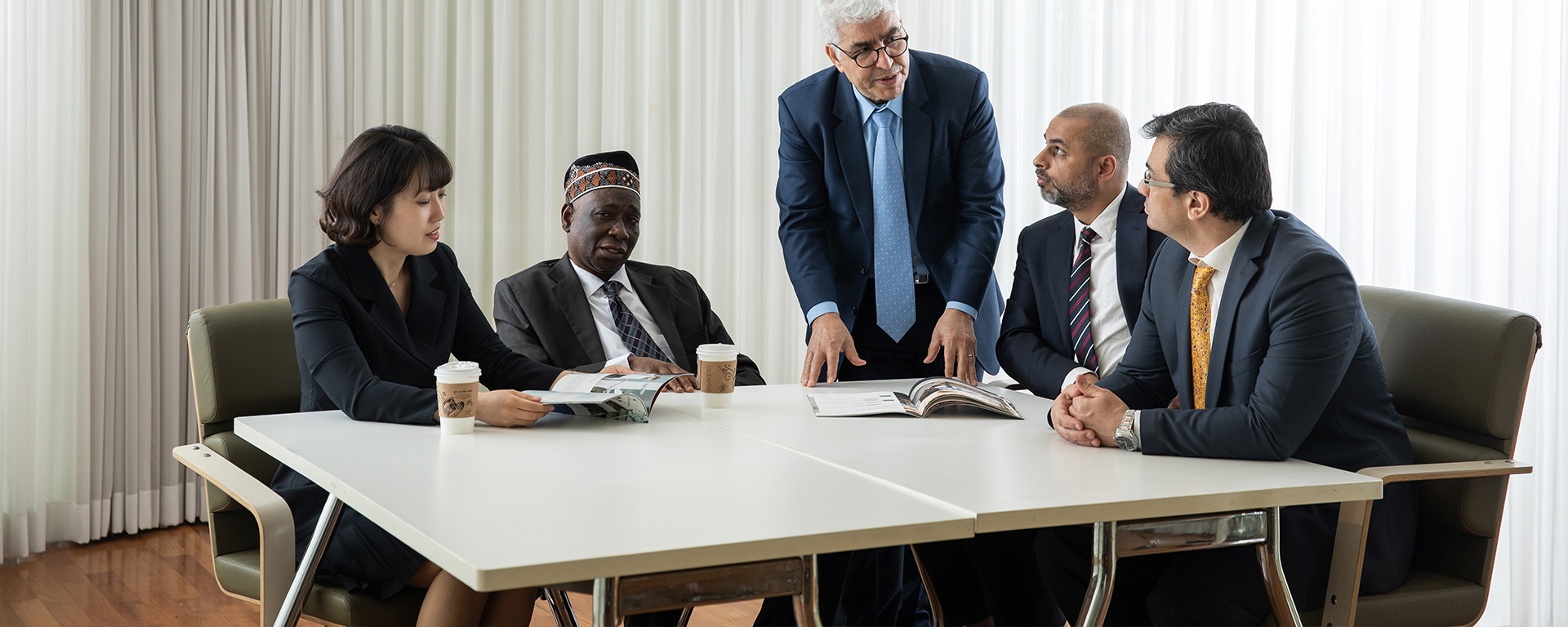SolBridge News
Learning from the Past

SolBridge’s inaugural Wiseman Lecture Series kicked off with a highly interesting and inspiring talk by Dr. Jae-chun Choe, University Chair Professor at Ewha Woman’s University. The purpose of these lectures is to give students different viewpoints and perspectives of the world outside of the realm of business, economics, and marketing.
Drawing up the world of science, Choe, who has a background in evolutionary biology, enlightened students and faculty with his insights into ecology and economics.
"My questions are always about the past. All my life I have been looking back," Choe said. "What happens in the future is the result of some inertia from the past."
During his insightful talk, he talked about the various "ages" that we are in these days, including, but not limited to the age of women, the age of climate change, the age of resource depletion, and the age of creativity and innovation.Of these, "the age of creativity and innovation" is one which resonates strongly with SolBridge's mission statement. If one is not "creative or innovative," according to Choe, one will not likely survive.
"This is what I see for the future. If you are not creative or innovative," Choe said, "you will not survive and you will become extinct. You have to constantly come up with new ideas to survive."
Choe also touched upon another idea in his presentation which is also important at SolBridge: diversity.
"Complexity equals stability and diversity equals stability," he said. "Complexity coming out of diversity is very powerful making up stability."
The thrust of Choe's presentation was that we have entered the "era of Darwinian economics" in which everything is interrelated and the importance of being creative and innovative.
"Resilient companies have the competitive edge following an economic crisis," he said.
Finally, Chun reminded the audience that in this ever-changing and evolving world the lessons learned from the world of science and studying the past have a bearing on the future and in many ways, our survival.
"We have to change our strategies and we have to constantly be creative," Choe said.
 ENGLISH
ENGLISH





